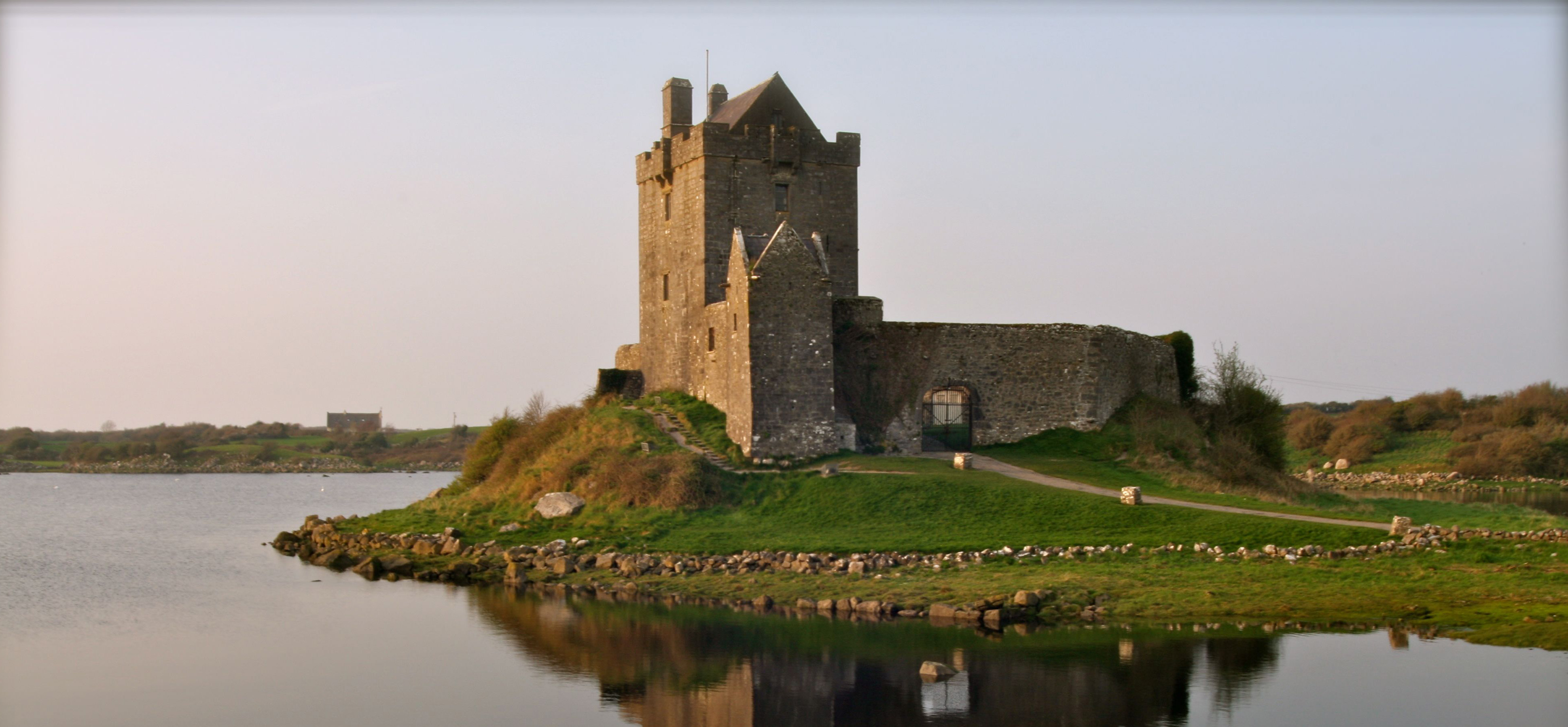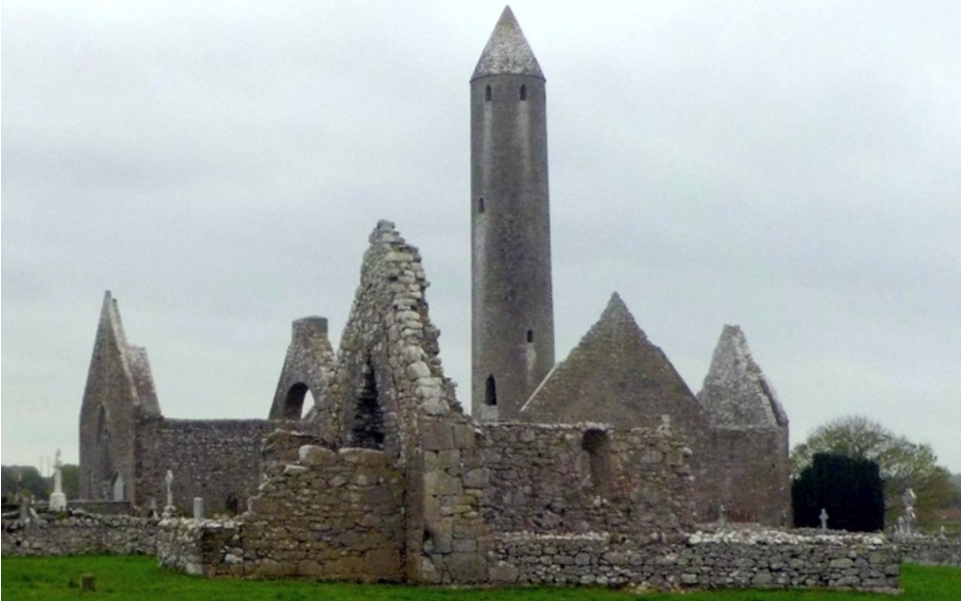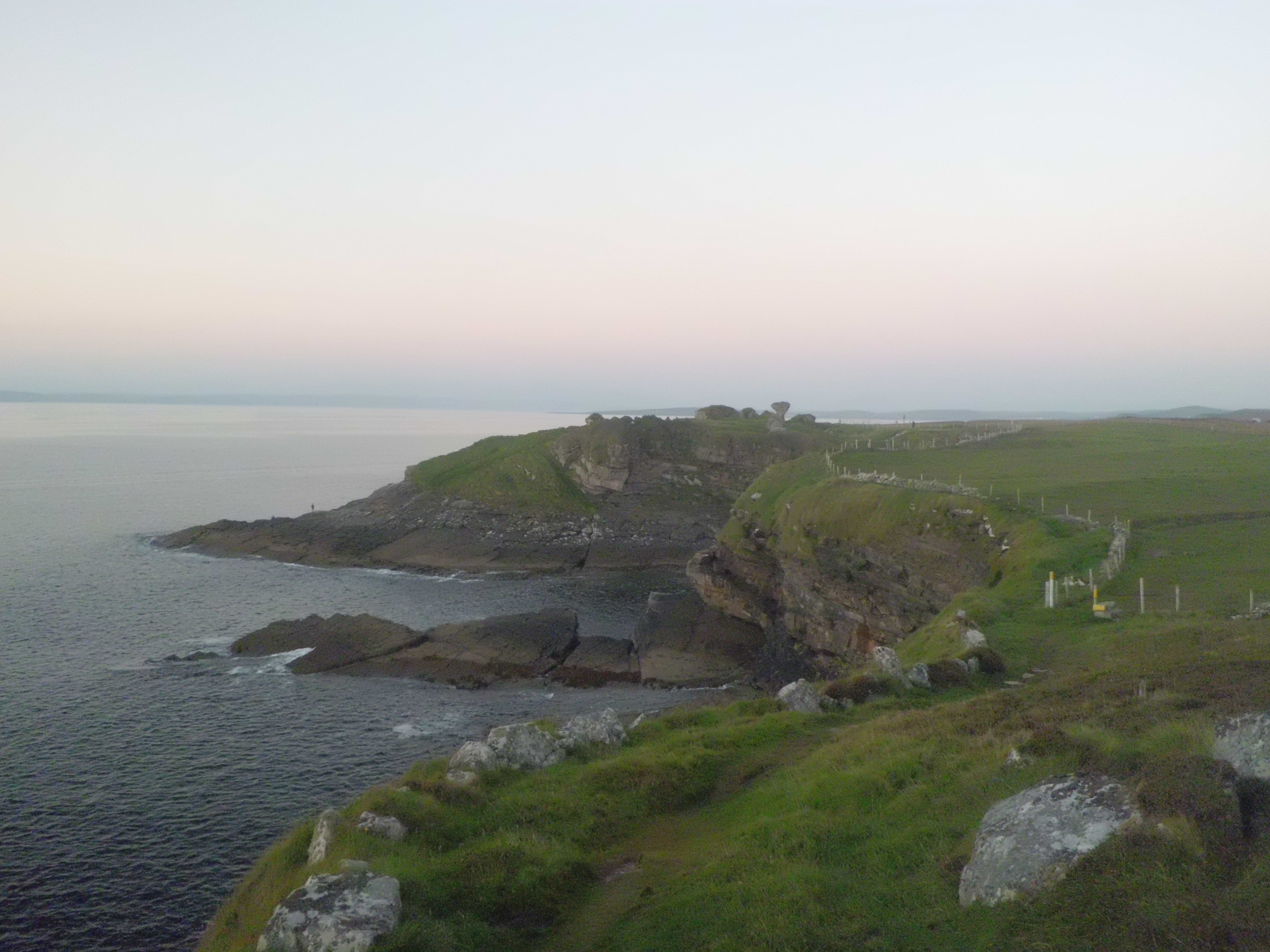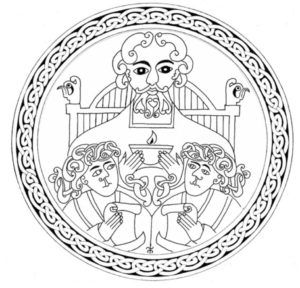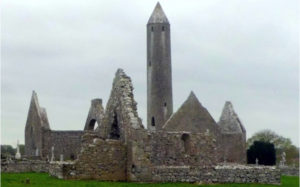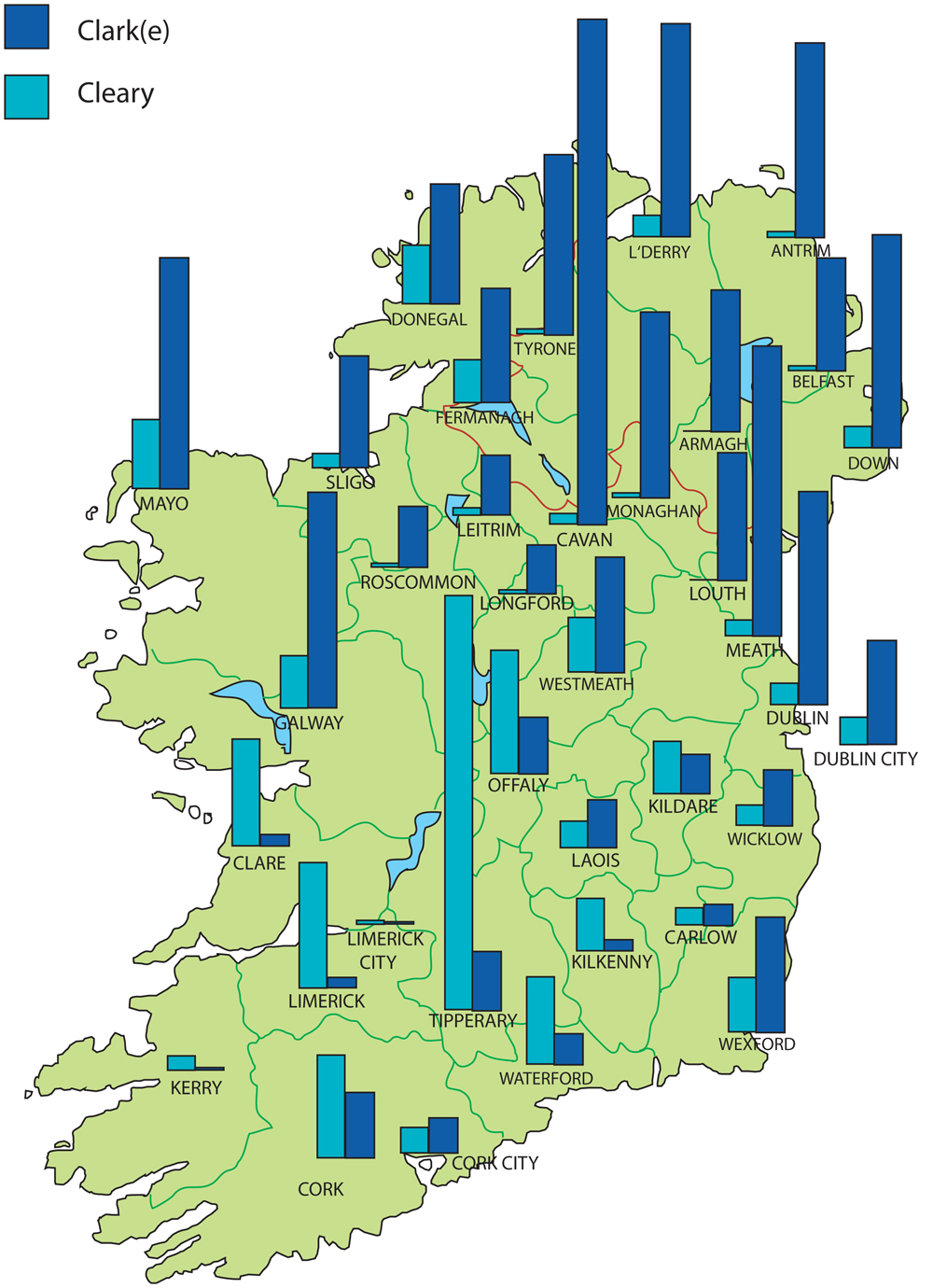Ó Cléirigh Cleary & Irish Clarke DNA Project
This website has no association with the Ó Cléirigh DNA Project but we thought that some people may be interested in getting their Ó Cléirigh DNA tested. The accuracy of any DNA test is determined to the degree of testing and some tests will only give very general profile of ancestry.
The Clan Ó Cléirigh DNA Project was founded by Ultan Cleary of Ireland and Jason S. Clary of the United States in order to use genetic research to assist in proving or disproving family traditions of the relationships between families bearing variations of the name worldwide and to trace potential living descendants of the most Senior Clan Members alive in the 17th Century, before the final collapse of the Gaelic Order in Ireland.
The name of the project uses the spelling Ó Cléirigh (pronounced ‘O Clayry’ or ‘O’ Clayrigg’ ; Translation- Descendant of Cléirigh – A 9th Century Prince of Connaught, Ireland) which was chosen to represent the group, as it is the original form of the Surname in Gaelic Irish, the various derivatives of which, i.e. Clarke, Cleary, Clary etc are Anglicisations. If you have a similar name and would like to help with this project (please read our Goals section) and your own genealogical research.
Here is the link to the website:
Ó Cléirigh – Background | FamilyTreeDNA

